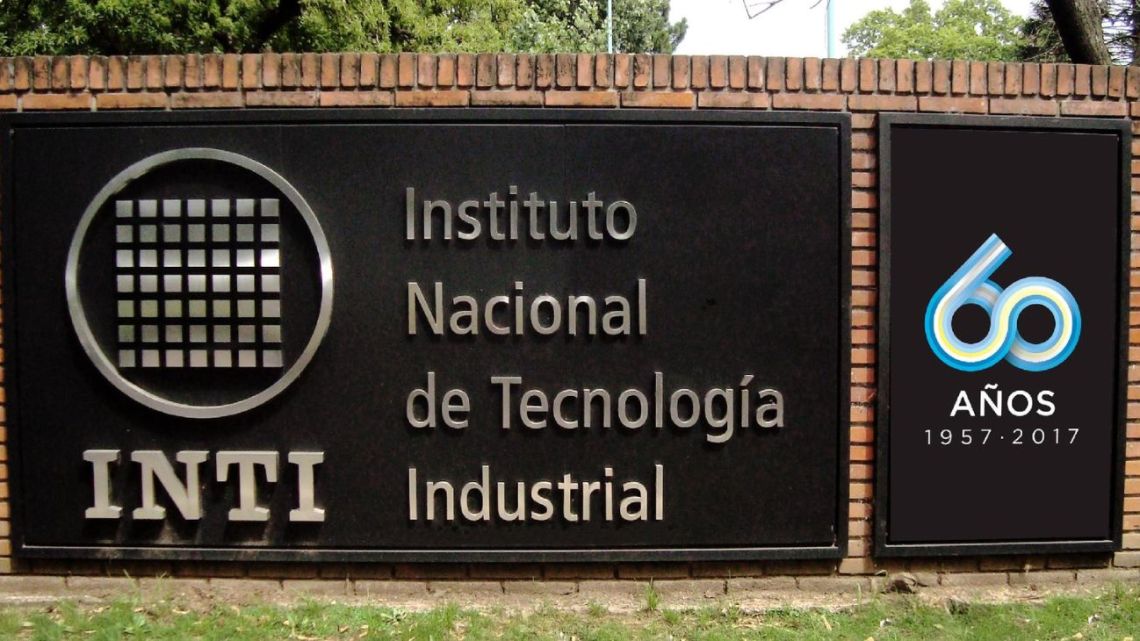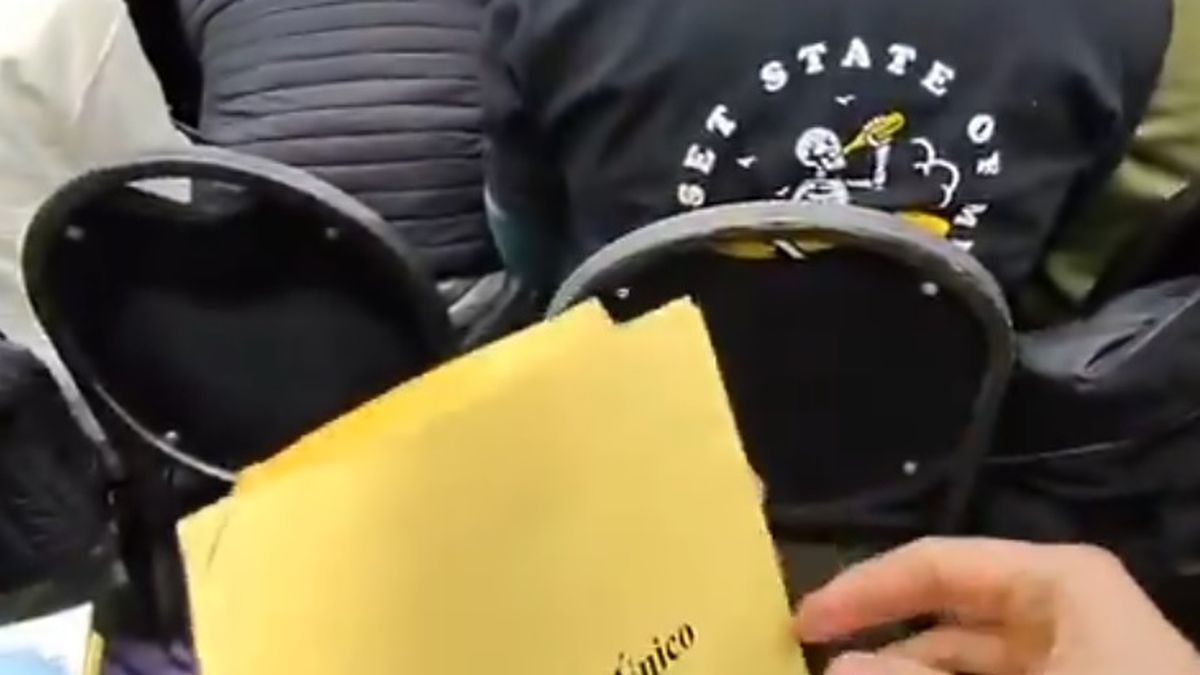Argentina: Court Halts Milei's Plan to Restructure National Industrial Technology Institute

Buenos Aires, Argentina - A recent court decision has temporarily blocked President Javier Milei's administration's plans to restructure the National Institute of Industrial Technology (INTI). This decision comes just months after Milei's government initiated a sweeping reform package aimed at streamlining state institutions through dissolutions and mergers.
The Initial Reform Efforts
In early July, President Milei's administration announced a significant overhaul of several government agencies. The proposed changes for INTI included a comprehensive restructuring as part of a broader strategy to reduce government spending and improve efficiency. This plan was part of a larger package of reforms designed to address Argentina's economic challenges and fiscal deficit.
The Legal Challenge and Court Ruling
However, a precautionary measure (medida cautelar) filed by a labor union challenged the legality of the restructuring plan. The union argued that the changes would negatively impact employees and potentially disrupt essential services provided by INTI. The court sided with the union, issuing a temporary injunction that prevents the government from proceeding with the restructuring for a period of six months.
What is INTI and Why is this Important?
The National Institute of Industrial Technology (INTI) plays a crucial role in Argentina’s industrial sector. It provides technical assistance, quality control, and research and development support to businesses across various industries. Its services are vital for ensuring product quality, promoting innovation, and helping Argentine companies compete in both domestic and international markets. Disrupting these services could have significant economic consequences.
Implications for Milei's Reform Agenda
This court ruling represents a setback for President Milei’s ambitious reform agenda. Milei has vowed to drastically reduce the size and scope of the Argentine state, and the restructuring of INTI was a key component of that plan. The six-month injunction will likely force the government to reassess its approach and potentially seek alternative solutions to achieve its goals.
Looking Ahead
The government is expected to appeal the court's decision. The legal battle over INTI's future is likely to continue, and the outcome will have implications not only for the institute itself but also for the broader trajectory of Milei’s economic reforms. Analysts are closely watching the developments, as they provide insight into the challenges the president faces in implementing his agenda and navigating the complex legal and political landscape.
This situation highlights the ongoing tensions between the government's desire for rapid reform and the concerns of labor unions and other stakeholders who fear the potential negative consequences of these changes.






